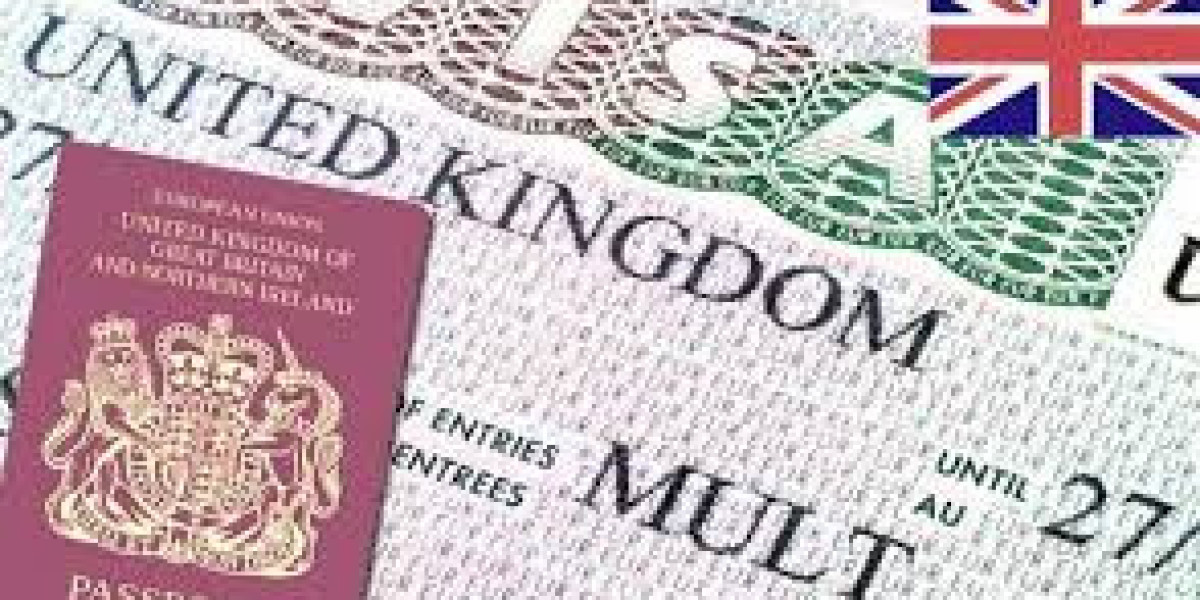If you want to visit, work, study, or settle in the UK, you must meet specific visa requirements. The UK Visa and Immigration system has different rules based on the type of visa you apply for. Understanding these requirements can help you avoid delays or rejections. Whether you are applying for a student, work, family, or visitor visa, it is important to prepare the right documents and meet all conditions.
Types of UK Visas and Their Requirements
Different visa types have different requirements. The table below provides an overview of the main visa categories and what you need to qualify:
| Visa Type | Main Requirements |
|---|---|
| Visitor Visa | Proof of return travel, enough funds for stay, purpose of visit |
| Student Visa | Confirmation of Acceptance for Studies (CAS), English proficiency, proof of funds |
| Skilled Worker Visa | Job offer from a UK employer, salary threshold, English language test |
| Spouse/Partner Visa | Proof of relationship, minimum income requirement, accommodation proof |
| Graduate Visa | Completed UK degree, valid Student Visa at the time of application |
Each visa has its own specific conditions, and failing to meet them can lead to application rejection.
General Requirements for Most UK Visas
Although each visa has unique conditions, there are some general requirements that apply to most categories:
1. Valid Passport
A valid passport is necessary for all visa applications. It must be valid for the entire duration of your stay in the UK.
2. Proof of Financial Support
You must show that you have enough funds to cover your stay. The required amount depends on your visa type.
| Visa Type | Minimum Financial Requirement |
|---|---|
| Student Visa | £1,334 per month (London), £1,023 per month (outside London) |
| Skilled Worker Visa | £1,270 in savings (unless exempt) |
| Spouse Visa | £18,600 annual income (higher if bringing children) |
3. English Language Requirement
Many visas require proof of English proficiency. This is usually done through an approved test like IELTS or a UK degree.
4. Health and Immigration Surcharge
Most applicants must pay the Immigration Health Surcharge (IHS) to access healthcare in the UK. The cost depends on the length of your visa.
5. Tuberculosis Test (TB Test)
Applicants from certain countries need a TB test if staying in the UK for more than six months. The test must be taken at an approved clinic.
Specific Requirements for Different Visa Categories
1. Student Visa
To study in the UK, you need a Confirmation of Acceptance for Studies (CAS) from a UK university. Other requirements include:
- Proof of tuition fee payment
- Maintenance funds to support living costs
- English language test certificate (if required)
2. Work Visas
The Skilled Worker Visa requires a job offer from a UK employer who is a licensed sponsor. Additional requirements include:
- A salary of at least £26,200 per year (or £10.75 per hour)
- Meeting the skill level required for the job
- Passing a criminal record check (for certain jobs)
3. Family Visas
If you are joining a family member in the UK, you must prove your relationship. Requirements for a Spouse Visa include:
- Being legally married or in a civil partnership
- Meeting the financial threshold (£18,600 per year)
- Showing evidence of living together (photos, messages, joint bills)
4. Visitor Visa
Tourists and short-term visitors need to prove they will return home after their visit. Requirements include:
- Travel itinerary and return ticket
- Proof of hotel bookings or accommodation
- A letter from an employer or university confirming leave
Application Process and Supporting Documents
Meeting the requirements is only part of the process. You also need to submit the correct documents. Here’s a checklist:
| Document | Who Needs It? |
|---|---|
| Valid Passport | All applicants |
| Proof of Funds | Students, workers, spouse visa holders |
| English Test Certificate | Students, workers (unless exempt) |
| Job Offer Letter | Skilled workers |
| Marriage Certificate | Spouse visa applicants |
| Travel Itinerary | Visitor visa applicants |
How to Avoid Common Mistakes
Many visa applications are refused due to mistakes. Here’s how to avoid them:
- Submit complete documents – Missing paperwork can lead to rejection.
- Check financial proof – Ensure your bank statements meet the required balance for at least 28 days.
- Apply early – Visa processing can take weeks, so don’t wait until the last minute.
- Meet the English requirement – Take a valid English test if needed.
Final Thoughts
Applying for a UK visa can be challenging, but if you meet the right requirements, your chances of approval increase. Always check the latest rules from the UK Visa and Immigration website and ensure all documents are correct before submitting your application. Proper preparation will make your visa process smooth and stress-free.








